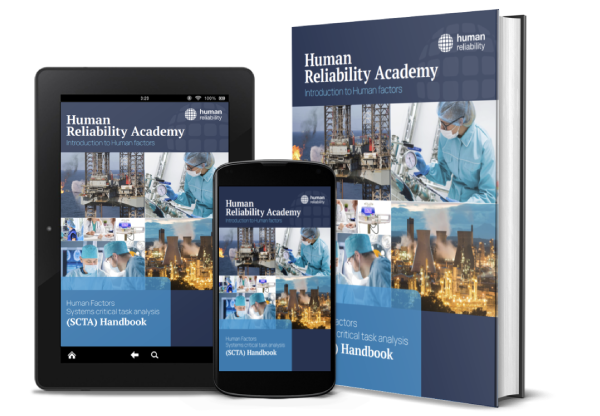Chocolate pancakes is a favourite breakfast at ours, and a bit of a treat.
With it being pancake day in the UK (everyone makes pancakes on Shrove Tuesday), I thought I would write about them.
FROM HIERARCHICAL TASK ANALYSIS (HTA)…
An important part of our training in Human Factors Safety Critical Task Analysis (SCTA) is developing the task analysis skills of our students.
Task analysis is a foundational element of improving human performance and any associated risks. In our training we:
- First provide the theoretical foundation of what HTA is, how to do it, and what good practice looks like.
- We then use a series of case studies starting simple, getting more complicated, and then building up to engaging with a quite complex industry case.
Chocolate pancakes is one of these case studies.
I’ve included an edited video from our training below where you can see how we build a Hierarchical Task Analysis, i.e., we have a high-level goal that we break down into different subgoals, further goals and steps.
You’ll notice how the HTA engine in the SHERPA Software makes this very easy to do.
… TO OPTIMISING HUMAN PERFORMANCE
As part of developing the HTA we describe the task in a lot of detail. This gives us a good understanding of the task, but it also allows a good foundation for anticipating human failure and performance deviations we want to better control.
During the process we will talk to different experts (in this case expert pancake makers) and come to some consensus as to what best practice looks like and include hints and tips for improving performance.
One of the tips I like is pouring in the milk and eggs slowly while whisking to avoid lumps and starting to spread the chocolate while the pancake is still in the pan and on heat, which helps it melt and spread well.
In industry practice these sorts of things can help with SOP/procedure development and organisational learning, as the best ways for approaching a task are articulated and captured.
As well as reflecting on the task decomposition, we might also reflect on the design of the context and tools used in the task.
You would have seen in the video that the jug for measuring the milk was quite well marked, I have a different jug I sometimes need to use when that one is dirty, and its markings are very hard to see – this could lead to an error.
Equipment design is not only a source of deviation and error, but it can be a source of performance enhancement as well. Two of the things that really help me create scrummy pancakes are the purpose designed pancake pan and the big paddle I used to flip the pancakes. Before purchasing these two items I used a pan that was not really big or flat enough, and tried to flip the pancakes with a spatula you might ordinarily use to fry and egg.
In industry these sorts of reflections on design can help us make systemic and sustainable changes to working practices, so people are more likely to do the right thing and less likely to do the wrong thing.
THE RECIPE IS NOT ENOUGH
Quite often a recipe is not much more than a list of ingredients. This still leaves a lot of work for the cook to turn this list into a meal.
In our work we’re more used to trying to describe a step-by-step description of the task, and how it progresses from its start to its completion. We’ll also try to bridge to a description of work-as-done by talking to people who do the task and observing what they do in practice.
This detailed and systematic task analysis process allows us to detail each step, build consensus and develop best practice, anticipate what could go wrong and why, and then make recommendations about how to improve performance.
We will make suggestions about the task description itself, the design of the task and the tools used within it, and what sorts of skills and knowledge requirements there are for people to perform the task well.
This is applicable to the oil, gas, and chemical sector, pharmaceutical manufacturing, and any other sector where procedural tasks rely on human performance (not just pancakes!).
EXTRA INFORMATION
If you’re new to Human Factors or Human Factors Critical Task Review (HFCTR) more broadly, then check out our FREE 30min mini-course on the subject: https://the.humanreliabilityacademy.com/courses/mini-course-on-hfctr
Here is a link to our flagship SCTA course for Process Industries: https://the.humanreliabilityacademy.com/courses/human-factors-SCTA
If you want more information on the SHERPA software see here: https://www.humanreliability.com/software/














